3.168 - AMICOR (26)
#Com Dra. Valderês A. Robinson Achutti (*13/06/1931+15/16/2021)
Como está fazendo muito calor, preferi convidar os amigos para visitarmos as montanhas no norte da Italia (Dolomiti). Também, nosso Natal costumava ter algodão na decoração do pinheiro, imitando flocos de neve...#Re-Publicando artigos mais antigos meus (2016)
PAPAI NOEL?
Aloyzio Achutti (2016)
Dá para acreditar no Papai Noel? A pergunta parece descabida, mas muitos de nós aceitamos essa ilusão durante algum tempo em nossa infância, assim como até hoje toleramos sem discutir muita coisa incerta, ilusória ou mentirosa. Convém crer, é melhor não duvidar, nem perguntar, e pode até não haver resposta…
É preciso haver um mínimo de compatibilidade entre conhecimentos e “verdades”
utilizados em nosso cotidiano e, ao mesmo tempo, uma boa margem de tolerância,
ou explicação razoável, para juntar ideias aparentemente conflitantes. Para viver bem
não precisamos estar tentando testar a veracidade a cada momento, nem é preciso que
todos tenhamos crenças iguais. Basta haver equilíbrio e estabilidade no conjunto de
crenças de cada um, e haja respeito à diversidade.
Há quem diga que aquilo que chamamos de realidade não existe de fato (assim
como Papai Noel), cada um lança mão da imaginação para construir um mundo como
gostaria que fosse, ou como convém, e fique compatível com o restante de nossa
memória pessoal. Dúvidas, discordâncias e contestações, nos causam algum
desconforto, mas terminamos por nos acomodar.
A ciência foi criada para colocar um mínimo de ordem na casa, mas mesmo existindo
um arquipélago de postulados científicos bastante sólidos nos quais nos agarramos, sobra
sempre espaço a ser preenchido pela imaginação.
Gosto de repetir a frase de Albert Einstein:
“imaginação é mais importante que o conhecimento”.
Afinal de contas não sabemos de onde, nem como surgimos, nem para onde vamos
como espécie, nem o sentido e o destino desse mundo. Imaginamos um universo imenso,
a se perder no limite da capacidade de nossos sentidos, e das máquinas inventadas para
enxergar o inatingível. Mesmo assim, pelas distâncias que nos separam, estamos recém
recebendo e misturando informações de mundos provavelmente já desaparecidos.
Não sabemos o que preenche os espaços entre os astros e seres palpáveis de cuja
existência não ousamos duvidar, nem do microcosmo de partículas componentes cuja
realidade está a exigir cada vez mais definições, teorias e elucubrações só concebíveis
no domínio da imaginação…
Minha intenção inicial era explorar o clima de descrédito e insegurança no qual
vivemos, onde não sobra mais ninguém para se acreditar - assim como Papai Noel
que já se foi. Ninguém sabe, ninguém viu, não há provas materiais, só indícios que
podem corresponder a um plano conspiratório...
Ainda, voltando ao espírito natalino materializável na troca de presentes,
deveríamos falar sobre o circuito da recompensa, radicado na satisfação gerada pelo
mimo, pelo carinho, por qualquer ganho, propina, poder, perpetuando o caminho do
prazer e do sucesso, no funcionamento do circuito cerebral naturalmente desenvolvido
para garantir sobrevivência e evolução das espécies, mas isso terá que ficar para outra ocasião.
Enquanto isso - Feliz Natal!...
#É Natal!
#|
 | The Year in PhysicsBy NADIA DRAKE
From the smallest scales to the largest, the physical world provided no shortage of surprises this year.
Read more | Watch the video |
|
 | The Year in BiologyBy HANNAH WATERS
In a year packed with fascinating discoveries, biologists pushed the limits of synthetic life, probed how organisms keep time, and refined theories about consciousness and emotional health.
Read more | Watch the video |
 | The Year in
Computer ScienceBy BILL ANDREWS
AI learned how to generate text and art better than ever before, while computer scientists developed algorithms that solved long-standing problems.
Read more | Watch the video |
|
| The Year in Math will publish later today — check our site and YouTube channel for updates. |
|
|
|
 | A Close-Up View Reveals the ‘Melting’ Point of an Infinite GraphBy KELSEY HOUSTON-EDWARDS
Like ice melting into water, graphs undergo phase transitions. Mathematicians showed that they can pinpoint such transitions by examining only local structure.
Read the article |
 | How This Marine Worm Can Tell Moonglow From SunbeamsBy ELISE CUTTS
For the first time, scientists have decoded the molecular structure of a protein that helps to sync a biological clock to the phases of the moon.
Read the blog |
|
 | New Clues for What Will Happen When the Sun Eats the EarthBy JONATHAN O'CALLAGHAN
Recent observations of an aging, alien planetary system are helping to answer the question: What will happen to our planet when the sun dies?
Read the blog |
 | Selfish, Virus-Like DNA Can Carry Genes Between SpeciesPodcast hosted by SUSAN VALOT;
Story by SAUGHAT BOLAKHE
Genetic elements called Mavericks that have some viral features could be responsible for the large-scale smuggling of DNA between species.
Listen to the podcast
Read the article |
|
|
#PUB MED
The evolution of medicine as a profession. A 75-year perspective
PMID: 8426585
Abstract
Recomendação da Prof. Maria Inês Reinert Azambuja
The profession of medicine has changed dramatically in 75 years. Despite the commitment of individual practitioners to the highest ideals of professionalism, the profession itself has lost privilege, power, and public reputation. It has been toppled from the high moral ground of professionalism. This has happened not so much because individual clinicians have abandoned that ground, but largely because others have occupied it--primarily complex organizations that have developed public mandates to regulate and oversee health care. The issue is not one of unfeeling physicians--it is one of a health care system that has evolved so as to limit medicine's autonomy. This changing system places new constraints and pressures on the physician-patient relationship. The question we are left with is whether medicine can regain its professionalism. How do we reform a system that, by its complexity, has become amoral? The only way is for physicians to re-assume a stout position of advocacy--advocacy for individual patients in a complex and frightening system of care, advocacy for patients as a class of people in a political system that seeks to restrict care, advocacy for patients in a world of environmental and epidemic threats. Such advocacy requires an equally strong moral commitment to the principles of service. Acting in the patient's best interest is not enough. It requires that the profession avoid the appearance of blatant self-interest at every turn. It requires a revised commitment to political activism in the interest of service to patients as a community. The costs are extremely high--but the alternative, physicians-as-technicians and medicine as a slave to corporate and government interests, is hardly acceptable.
#Time
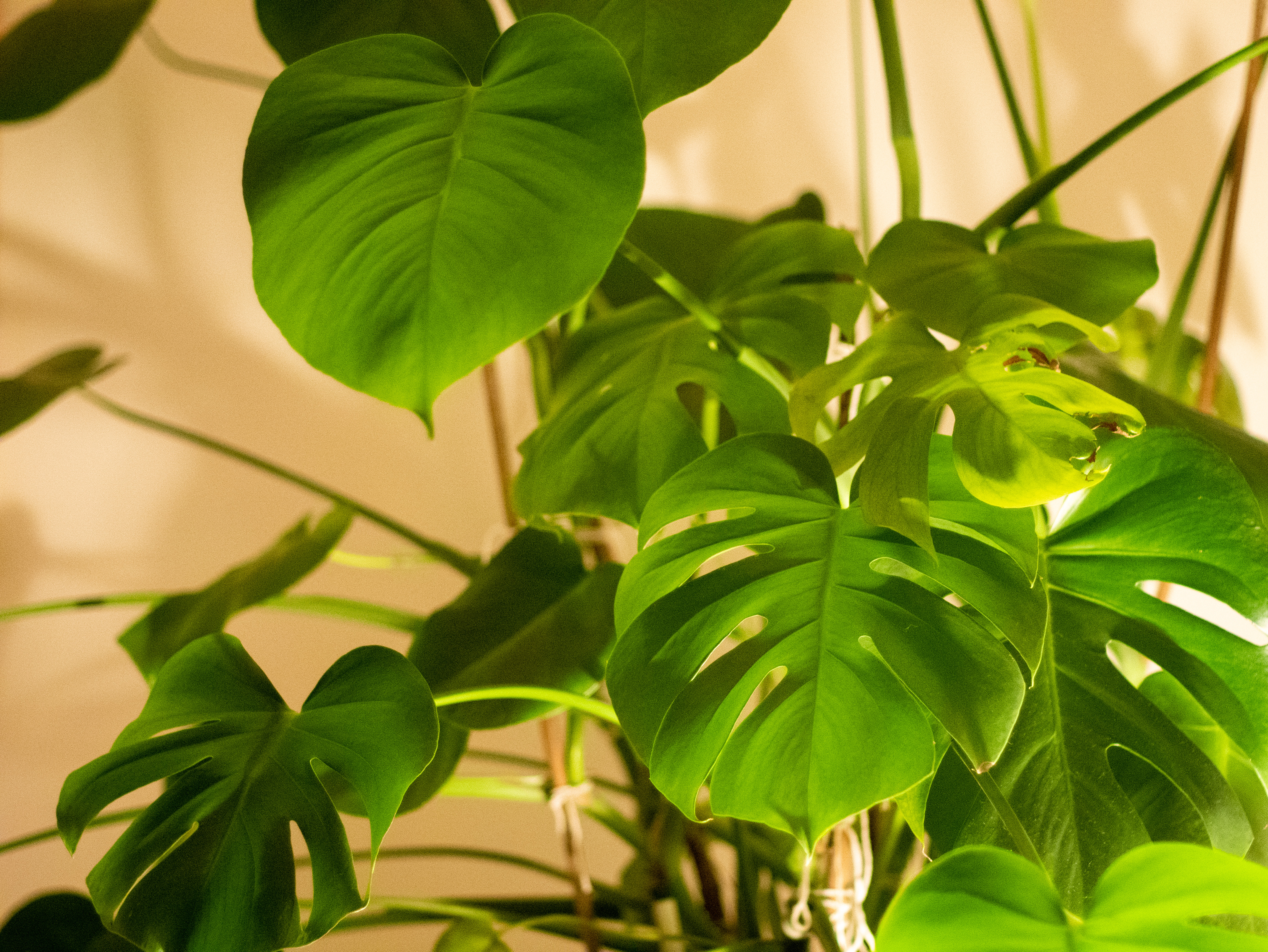
|
A quick programming note: Health Matters will be off next week, and return on Jan. 2. From all
of us on the TIME health team, we wish you a happy and health new year.
Health journalists should be some of the healthiest people around. All day long, we call up experts
and ask them what people can do to live long and full lives.
But knowing what's good for you doesn't always translate into optimal behaviors. We
deprioritize exercise, spend hours scrolling through social media, and eat too many Christmas cookies.
(Maybe just like you.) This year, everyone on our team made time for at least one new activity we
felt sure would enrich our lives. From eating more ice cream to rage biking, some stuff worked so
well that we're planning to take it with us into the new year. READ WHAT ELSE WORKED FOR US #Live Science TOP SCIENCE NEWS
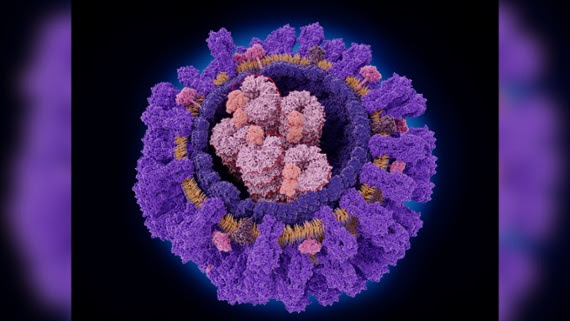 |
|
Scientists identified a new class of antibodies in human blood that are able to target multiple
strains of influenza A virus in the lab. |
|
|
PLANET EARTH
 |
|
In and around the Arctic Circle, stunning multicolor clouds have been shining in the
sky for days on end. It is very unusual to see so many of these vibrant clouds over such a
long period. |
A research expedition in the Southern Ocean has mapped a string of seamounts that help to shape the Antarctic Circumpolar Current, an ocean current that flows clockwise around Antarctica. Full Story: Live Science (12/21) 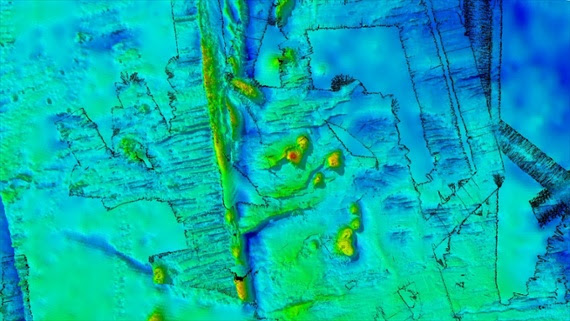 | (FOCUS voyage/CSIRO) |
|
|
|
SPACE
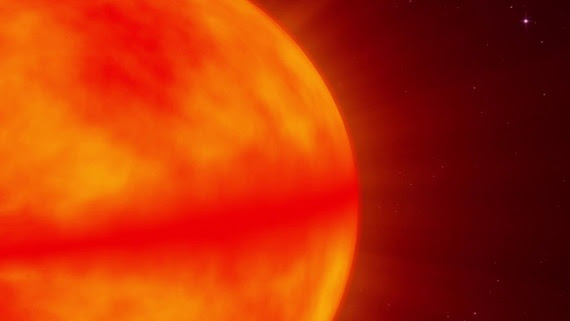 |
|
| (NASA's Goddard Space Flight Center) |
New research suggests that if tiny primordial black holes created during the Big Bang exist,
some of them may have been snared by stars and are now forced to eat their way out. |
 | (ESA/Hubble & NASA, C. The Hubble Telescope viewed a distant galaxy whose light appears to contradict
some of the most common rules of quantum physics. Full Story: Live Science (12/21)
#2023 TED TALKS
TED Talks Daily <daily@ted.com> Cancelar inscrição |
| |
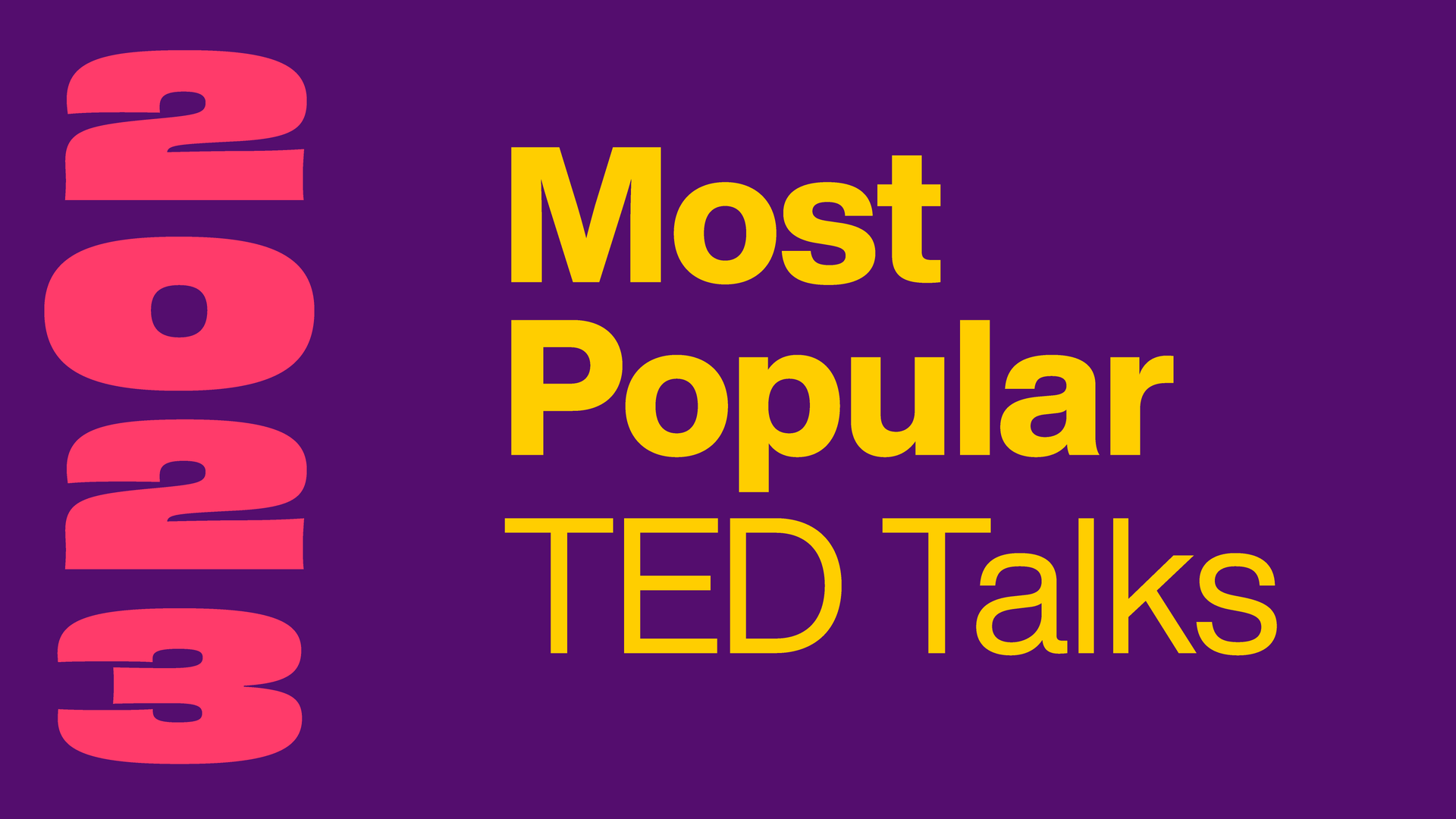
From AI and the future of learning to a mysterious, millennia-old pattern and a radical
way to repair your relationships, these TED Talks took off the quickest in 2023. |
|
|
|
|
|
|
|
|
|
|
|
|
|
|
|
|
|
.jpg)


















